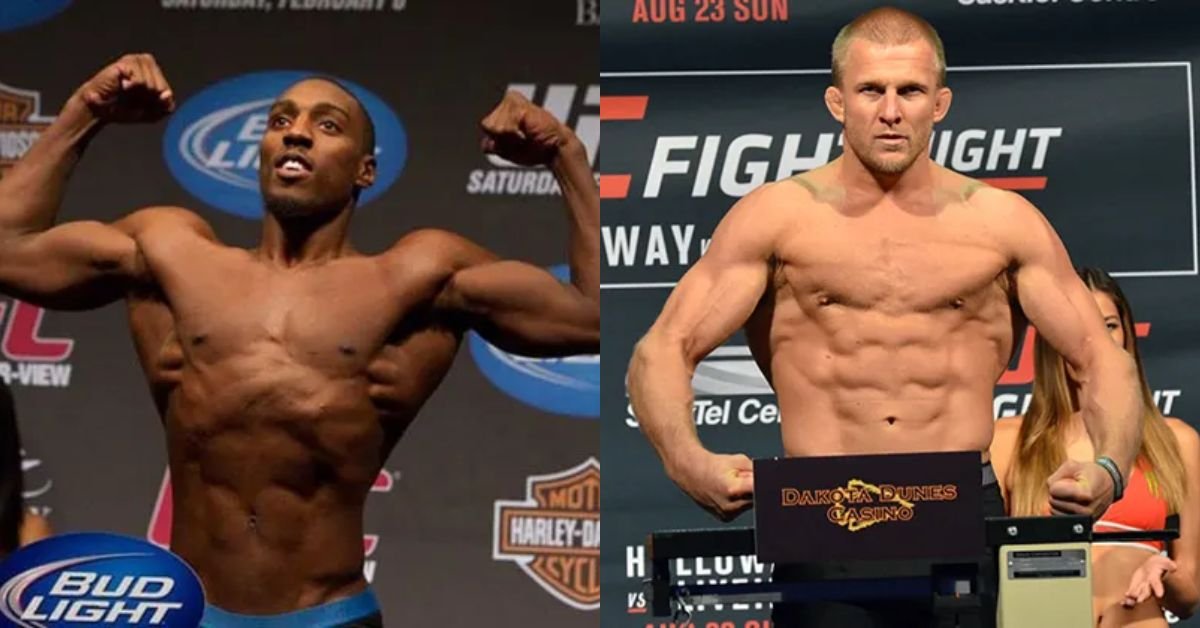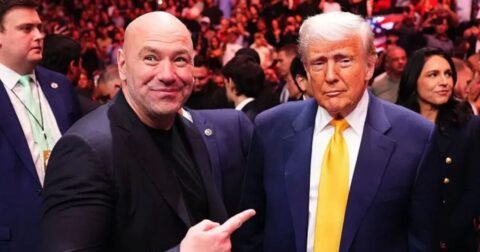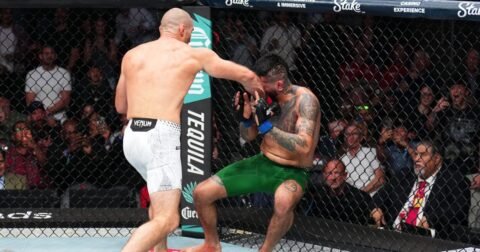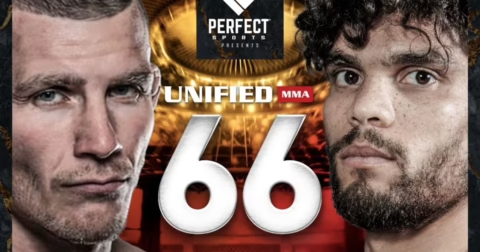The UFC has recently been hit with two new antitrust lawsuits filed by former fighters, adding to the ongoing legal battles surrounding the organization. Led by former light heavyweight Phil Davis and veteran Misha Cirkunov, these lawsuits accuse the UFC of engaging in anti-competitive practices that hinder fair competition among mixed martial arts promotions. As the cases unfold, they could significantly impact the contractual rights and pay of fighters, potentially reshaping the landscape of MMA altogether.
Overview of the Lawsuits Against the UFC
The UFC is currently facing growing legal challenges as two new antitrust lawsuits have recently been filed by former fighters, further complicating the organization’s legal landscape. The most recent lawsuit was lodged in the U.S. District Court in Nevada and is led by former light heavyweight champion Phil Davis. This new case adds to the mounting legal pressure on the UFC, which is already dealing with an ongoing case initiated by fighters including Kajan Johnson that underscores concerns about the UFC’s practices and their impact on the sport.
The lawsuits, initiated by a coalition of fighters, address a common grievance: the UFC’s alleged monopolistic behaviour that restricts competition. This is not the first time the UFC has faced these accusations; in 2014, the organization settled a significant antitrust case for $375 million. However, the latest lawsuits aim to explore further how the UFC’s contractual practices may inhibit fair competition, highlighting a potential need for systemic change within the organization.
Details of the Antitrust Allegations
The filing led by Phil Davis accuses the UFC of employing tactics that suppress competition by stifling potential rivals from attracting and retaining elite fighters. According to Eric Cramer, the lead attorney for the plaintiffs, the UFC’s alleged predatory schemes not only impact its own fighters but also those competing in other promotions. “We aim to prove that the UFC has engaged in a predatory scheme,” Cramer stated, emphasizing the widespread ramifications of the UFC’s business practices on the entire MMA landscape.
Central to this case is the fight to eliminate restrictive clauses that many fighters are bound to. The plaintiffs are seeking injunctive relief that would remove exclusionary arrangements from UFC contracts, which they argue are detrimental to fighter pay and career opportunities. By aiming to reform these practices, the lawsuit hopes to foster an environment where competition can flourish, ultimately benefiting fighters across the entire sport.
The focus of the Cirkunov Lawsuit
The second antitrust lawsuit, filed on May 23 by Misha Cirkunov, specifically tackles contract clauses that restrict athletes from pursuing legal action collectively against the UFC. This lawsuit exemplifies a dedicated effort to combat arbitration clauses and class action waivers that the fighters allege are designed to limit their rights. Cirkunov’s legal team argues that these clauses prevent fighters from seeking collective recourse, further entrenching the UFC’s monopoly.
Cirkunov’s suit serves a dual purpose: it seeks both monetary damages and a judicial ruling to invalidate the arbitration and class action waiver clauses that many fighters signed. This will allow the new lawsuit to progress alongside the ongoing litigation led by Johnson, ensuring that the rights of fighters who might be restricted by such clauses are adequately represented in court.
Implications for the Future of MMA
The outcome of these lawsuits could have significant implications for the future of mixed martial arts as a professional sport. Fighters and advocates hope that a ruling in favour of the plaintiffs could dismantle the monopolistic controls currently wielded by the UFC, allowing more fair competition to flourish within the industry. Should the court side with the fighters, it could pave the way for improved conditions, better pay, and enhanced opportunities for talent across various promotions.
As these legal battles unfold, the potential for systemic change in the UFC’s contractual practices becomes increasingly evident. With Judge Richard Boulware scheduled to hear motions related to the ongoing Johnson case on June 3, all eyes will be on the court to determine the direction of these pivotal lawsuits. The outcomes could reshape the landscape of professional MMA, making it not only a platform for athletic competition but a more equitable realm for all fighters involved.
| Key Point | Details |
|---|---|
| New Antitrust Lawsuits | Two new antitrust lawsuits were filed by former UFC fighters against the UFC. |
| Lead Figures | Phil Davis leads the latest lawsuit; Misha Cirkunov leads the second lawsuit. |
| Law Firm Involved | Berger Montague represents the fighters in both new lawsuits and has previously settled a similar case. |
| Legal Claims | Allegations include UFC’s anti-competitive practices that hinder rival promotions and fighters’ career growth. |
| Injunctive Relief Sought | The latest lawsuit seeks to prevent UFC’s alleged illegal business practices rather than financial damages. |
| Previous Lawsuits | Two prior lawsuits; one settled with a $375 million payout, and the other is ongoing with UFC fighting class certification. |
| Court Date | A hearing is scheduled for June 3 to address motions related to these lawsuits. |
The recent surge of antitrust lawsuits against the UFC highlights a crucial turning point for fighters seeking fairer competition and better contractual terms in the sport. As these legal battles unfold, one must consider: how will the outcomes reshape the landscape of mixed martial arts and the rights of athletes moving forward?
Frequently Asked Questions
What are the new antitrust lawsuits filed against the UFC about?
The new antitrust lawsuits allege that the UFC engages in practices that prevent other MMA promotions from competing effectively by limiting the pool of elite fighters. The lawsuits seek changes to UFC contracts, including the removal of restrictive clauses and the establishment of fair competition within the MMA industry.
Who is leading the latest antitrust lawsuit against the UFC?
The latest lawsuit is led by former UFC light heavyweight Phil Davis and is managed by the law firm Berger Montague, which has previously represented fighters in related cases against the UFC.
What relief are the fighters seeking in the antitrust lawsuits?
The fighters are seeking injunctive relief to stop the UFC’s alleged predatory practices, including edits to their contracts that would eliminate arbitration clauses and allow fighters to terminate contracts within a year.
How does this new lawsuit differ from previous lawsuits against the UFC?
This lawsuit specifically targets issues related to arbitration and class action waivers in contracts signed by fighters, whereas previous cases addressed broader concerns about the UFC’s market dominance and restrictive practices.
What is the significance of the upcoming hearing on June 3 regarding the antitrust lawsuits?
The hearing will address key motions related to the ongoing Johnson antitrust lawsuit, including a motion by the UFC to deny class certification, which could impact the proceedings of both the Johnson case and the new lawsuits.







